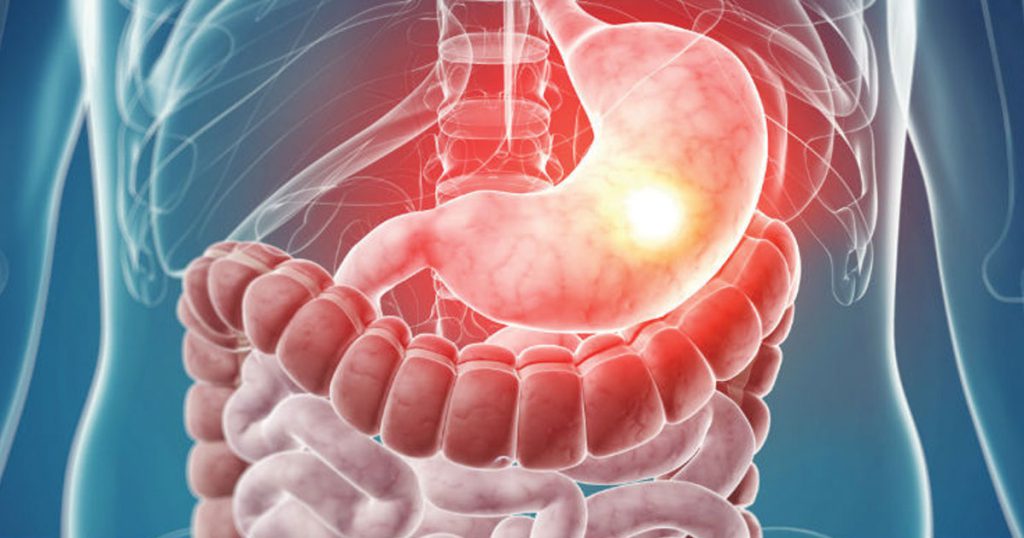Gastroenteritis, often termed as “stomach flu,” is an intestinal infection marked by a combination of symptoms such as diarrhea, vomiting, abdominal cramps, and nausea. It’s a common condition that affects people of all ages and can be caused by various agents, including viruses, bacteria, parasites, or even certain chemicals. Understanding the key signs of gastroenteritis is crucial for early diagnosis and management, thereby reducing the risk of complications such as dehydration and malnutrition. In this article, we’ll delve into the key signs of gastroenteritis, their implications, and briefly touch upon prevention and treatment strategies.
1. Diarrhea
The hallmark symptom of gastroenteritis is diarrhea, characterized by frequent, watery bowel movements. It occurs due to the inflammation of the intestines, disrupting the absorption of water and nutrients. Diarrhea can lead to dehydration, so it’s important to monitor fluid intake and watch for signs of dehydration, such as decreased urination, dry mouth, and dizziness.
2. Vomiting
Vomiting is another common symptom of gastroenteritis and acts as the body’s way of eliminating ingested toxins or irritants. While it can help relieve the stomach of its contents, excessive vomiting can lead to dehydration and electrolyte imbalances. It’s essential to sip on clear fluids or oral rehydration solutions to replenish lost fluids and minerals.
3. Abdominal Cramps and Pain
Abdominal discomfort is typical in gastroenteritis, ranging from mild cramps to severe pain. The inflammation of the stomach and intestines can cause spasms and discomfort, which can be alleviated with rest and gradual rehydration. If the pain persists or worsens, it’s advisable to seek medical attention as it could indicate a more severe condition.
4. Nausea
Nausea, the sensation of needing to vomit, is a frequent precursor to vomiting in gastroenteritis cases. It can be unsettling and contribute to a loss of appetite, making it difficult to consume even liquids. Managing nausea is crucial in maintaining hydration and ensuring gradual reintroduction of solid foods.
5. Fever
A mild fever may accompany gastroenteritis, indicating the body’s immune response to the infection. Fever can increase fluid loss, making hydration even more critical. Antipyretics can help manage fever, but they should be used cautiously and under medical advice, especially in children.
Also Read: wellhealthorganic.com : Morning Coffee Tips with No Side Effect
Prevention and Treatment
Preventing gastroenteritis involves practicing good hygiene, such as frequent handwashing, especially before eating and after using the bathroom. Vaccinations are available for certain causes of viral gastroenteritis, like rotavirus and norovirus. Treatment focuses on symptom management and preventing dehydration. Oral rehydration solutions are recommended for maintaining fluid and electrolyte balance. In severe cases, hospitalization may be required for intravenous fluids and closer monitoring.
In summary, recognizing the key signs of gastroenteritis is vital for initiating appropriate care and preventing complications. While most cases of gastroenteritis are self-limiting, understanding when to seek medical help is crucial, especially for vulnerable populations such as infants, the elderly, and those with weakened immune systems. With prompt and adequate management, most individuals recover fully from gastroenteritis.
